
The University of Chicago Press, Chicago 60637
The University of Chicago Press, Ltd., London
2003 by The University of Chicago
All rights reserved. Published 2003
Printed in the United States of America
12 11 10 09 08 07 06 05 04 03 1 2 3 4 5
ISBN: 0-226-24206-4 (cloth)
ISBN: 0-226-24207-2 (paper)
ISBN-13: 978-0-226-24206-4 (cloth)
ISBN-13: 978-0-226-24207-1 (paper)
ISBN-13: 978-0-226-77516-6 (ebook)
Library of Congress Cataloging-in-Publication Data
Feminist economics today : beyond economic man / edited by Marianne A. Ferber and Julie A. Nelson.
p. cm.
This is a follow-up volume to the 1993 publication, titled Beyond Economic Man, on which it builds.
Includes bibliographical references and index.
ISBN 0-226-24206-4 (cloth : alk. paper)ISBN 0-226-24207-2 (pbk : alk. paper)
1. Feminist economics. 2. Economic man. 3. Economics. I. Ferber, Marianne A., 1923 II. Nelson, Julie A., 1956
HQ1381 .F465 2003
330'.082dc21
2003006766

The paper used in this publication meets the minimum requirements of the American National Standard for Information SciencesPermanence of Paper for Printed Library Materials, ANSI Z39.48-1992.
Feminist Economics Today
Beyond Economic Man
Edited by
Marianne A. Ferber and Julie A. Nelson
The University of Chicago Press
Chicago & London
Contents
. .. Marianne A. Ferber and Julie A. Nelson
. .. Paula England
. .. Paula England and Nancy Folbre
. .. Julie A. Nelson
. .. Lisa Saunders and William Darity Jr.
. .. Lourdes Benera
. .. Myra H. Strober
. .. Rebecca M. Blank and Cordelia W. Reimers
. .. S. Charusheela and Eiman Zein-Elabdin
Preface
Ten years ago, we coedited the book Beyond Economic Man: Feminist Theory and Economics. In it, we collected essays that began to explore possible connections between feminist scholarship and the discipline of economics. Drawing attention to the fact that the topics, assumptions, and methods of contemporary mainstream economics reflect distinctly masculine concerns, the volume raised questions about the presumed objectivity of this one-sided practice. We argued that biases which give market relations pride of place over family and social relations, emphasize heroic individualism while ignoring interdependence, and define rationality so narrowly that even verbal analysis is excluded leave the discipline impoverished.
During the intervening decade, feminist economics has grown into a field of its own, with its own journal, diverse international organization, lively conferences, and fresh voices. At the request of our editors at the University of Chicago Press, we have compiled this follow-up volume to update readers on these developments in feminist economics. It does not in any way replace the original volume, but rather builds on it. Our aim is to include some of the most vibrant streams of research that have flourished in these ten years and point to significant new questions that are being raised.
We also attempt to document how much influence feminist thought has had on actual economic practice, in the United States and elsewhere. While Beyond Economic Man has been referred to as the manifesto of feminist economics, any feminist revolution is far from complete. The mainstream has remained rather resistant to relatively conventional goals of feminists, such as advancing women in the profession and attending to the importance of gender as a factor in labor markets. The more subtleand also more radicaltheoretical critiques advanced in Beyond Economic Man have received even less attention among mainstream economists. These critiques have, however, had more of a hearing among practitioners of public policy, the other social sciences, womens studies, and the humanities.
Will improvements in economic practice, the goal emphasized in the preface to Beyond Economic Man, ever be achieved within the mainstream of the discipline? Or might it prove more effective to bypass this intransigent group and construct a more balanced analysis of real-world economic problems on a different disciplinary base? Perhaps another ten years will tell. In the meantime, the essays in this volume testify to the continuing vitality of the engagement of serious analysis of gender with the study of the basis of the provisioning needed to maintain and improve life.
This book could not have been written without the help and support, both personal and professional, of many friends and colleagues. We thank Nancy Folbre, Jane Humphries, Robert Solow, Myra Strober, and our editors at the University of Chicago Press, Geoffrey Huck and John Tryneski, for their suggestions on topics for this volume. We appreciate the help of Elisabetta Addis, Robin Bartlett, Prue Hyman, Edith Kuiper, Friederike Maier, Jean Shackelford, and Diana Strassmann in providing details of institutional history. We thank Linda Lucas for putting our questionnaire for members of the International Association for Feminist Economics in the newsletter, and we are grateful to the following people for their thoughtful responses to that survey: Ronald G. Bodkin, Debbie Budlender, E. A. (Nora) Cebotarev, Marjorie Griffin Cohen, Matthias Gysler, Suzanne Helburn, Katja Hokkinen, Prue Hyman, Alison Jaggar, Yoshiko Kuba, Margaret Levenstein, Daniele Meulders, Perry Patterson, Ellie Perkins, Paddy Quick, Ingrid Robeyns, Judy Robinson, Sumitra Shah, Irene van Staveren, Diane-Gabrielle Tremblay, Marjolein van der Veen, Brigitte Young, and Eiman Zein-Elabdin. We also thank the fifty-four department heads and faculty members who responded (anonymously) to our survey of economics departments. We appreciate the comments received from those who attended the session on this volume at the 2001 Conference on Feminist Economics, June 2224, Oslo, Norway, and the comments received from Randy Albelda and an anonymous reader of this manuscript. We thank Anne Ford at the University of Chicago Press for assisting with the logistics of publication. Julie Nelson acknowledges the financial support of the Charlotte Perkins Gilman Fellowship for Research on Caring Labor, the Foundation for Child Development, and the Center for the Study of Values in Public Life at Harvard Divinity School. All decisions, and all errors, of course, remain entirely our own.
Introduction
Beyond Economic Man, Ten Years Later
. .. Marianne A. Ferber and Julie A. Nelson
In the introduction to Beyond Economic Man (BEM), we sought to expose and explain the links between the social construction of gender and the social construction of the contemporary discipline of economics. We explained that gender, which should not be confused with biological sex, refers to the way societies attribute masculinity or femininity not only to various people, but also to various activities and even concepts. Likewise, the discipline of economics is a creation of groups of people, reflecting the way they have come to think about economic life. Hence the discipline is malleable over time and inevitably influenced by the interests and biases of its creators. We pointed out how, in the social construction of contemporary mainstream economics, culturally masculine topics, such as men and market behavior, and culturally masculine characteristics, such as autonomy, abstraction, and logic, have come to define the field. Meanwhile, topics such as women and family behavior as well as characteristics of connection, concreteness, and emotion are all considered feminine. In a sexist culture they are denigrated, sometimes even by women themselves, and largely excluded from mainstream thinking. In


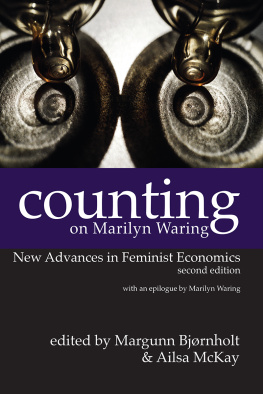
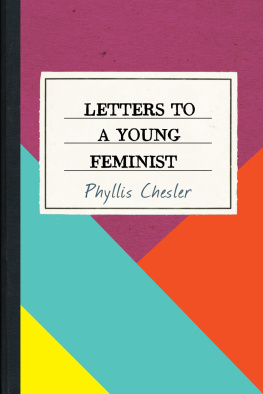
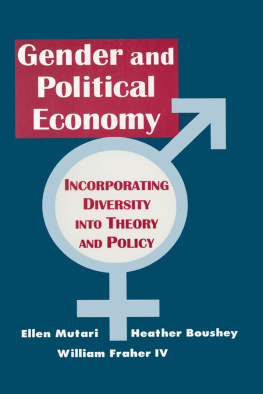
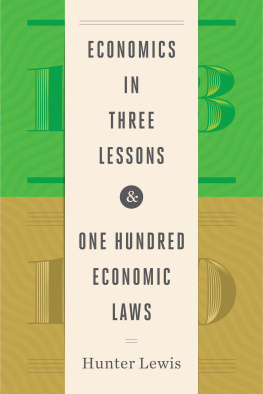
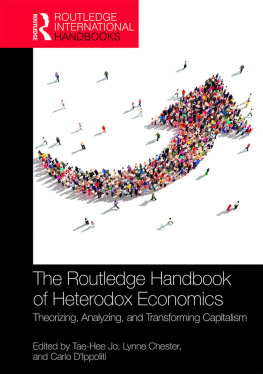

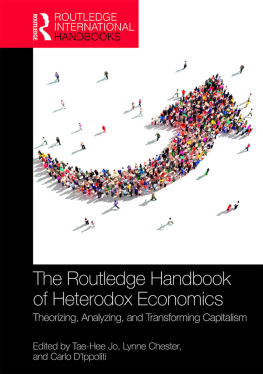

 The paper used in this publication meets the minimum requirements of the American National Standard for Information SciencesPermanence of Paper for Printed Library Materials, ANSI Z39.48-1992.
The paper used in this publication meets the minimum requirements of the American National Standard for Information SciencesPermanence of Paper for Printed Library Materials, ANSI Z39.48-1992.